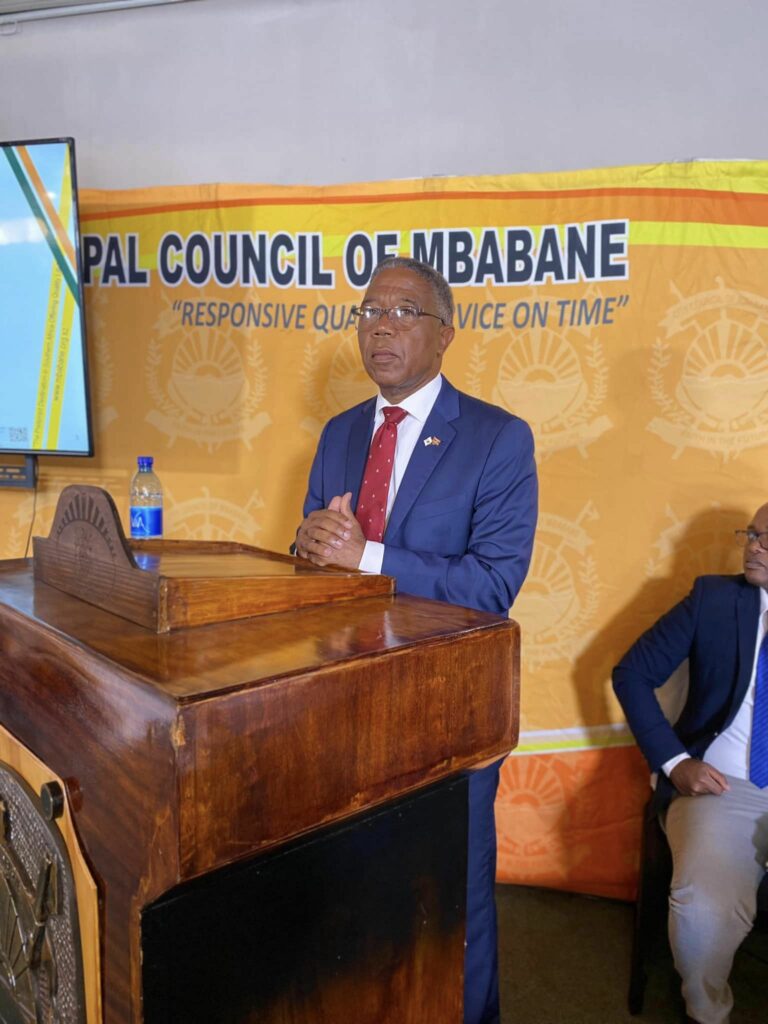By Ntombi Mhlongo
Notwithstanding the negative criticism, the Municipal Council of Mbabane received a few years ago from economists for its restructuring exercise, labelling it a disaster in the making, the programme has yielded positive spinoffs, creating job opportunities instead of shedding them as perceived by many detractors. According to the municipality’s Chief Executive Officer (CEO) Gideon Mhlongo, the restructuring process resulted in the creation of 400 job opportunities. Such a disclosure might come as a surprise to many economists and general commentators because there were grave concerns that the exercise would result in the municipality bleeding a huge number of jobs.

It has been gathered that most of the retrenched employees were encouraged to form companies and then apply for tenders issued by the municipality.
Speaking at the municipality’s annual general meeting, the CEO said: “Our strategy has been that we needed to have the flexibility to employ additional staff as and when required. As part of the programme, we monitor the impact of the outsourcing of services and ascertain how much employment has been created.
“Our records show that post-restructuring, we have created about 400 jobs. Some of the people that were laid off have alternative jobs and new people have been employed through that process,” he said.
In 2016, after a nine-year deadlock, the municipality and its employees reached an agreement on exit packages to be offered to redundant employees because of the implementation of the restructuring.
The Ludzidzini Council had to intervene and advised the parties to resolve the impasse, and this was successfully done within four days of talks, breaking the stalemate that had marred the negotiations since 2007.
The restructuring cost millions of Emalangeni as at first, the municipality requested E16 million and later asked for another budget of E21.6 million.
In the Annual Report for the financial year 2021/22, it is reflected that a total of thirteen (13) employees were laid off as part of the restructuring programme which started in 2016.
It was in 2008 that a report by a consultant reflected an urgent need to outsource lifeblood departments of the municipality.
The report recommended the outsourcing of various departments of the capital city’s government.
This, however, was not well received by the staff at the time who appealed to the Ministry of Housing and Urban Development as they decried that they were not consulted.
After lengthy engagements, a consensus was reached, and the municipality assured that employees to be affected by the restructuring programme would benefit from the outsourcing exercise.
As per the consultant’s recommendations, the plan was that the outsourcing would come with benefits in the form of a E9 million reduction in expenditure, an aligned organisational structure, new service delivery methods and agreements including water and electricity, a new and improved credit rating and 100 per cent satisfaction in the implementation of the turnaround plan.
In the annual financial reports published in recent years, the municipality has provided analysis showing that both the restructuring and outsourcing are bearing the desired fruits in key performance indicators such as reduced in-house wastage (including fuel costs, stationery, trips, travel, entertainment, overtime); stabilised and improved refuse removal and establishment of a fully-fledged abattoir.




